Why aren’t the champions of democracy and the true British way complaining now? Because their Brexit claims always lacked credibility, writes James Millar.
It’s one of the many ironies of Brexit, that a process some sold as improving the nation’s governance has done exactly the opposite. The UK is now a crackpot democracy.
European ambassadors make jokes about the recent shenanigans in Downing Street. Comparisons are drawn with Italy, previously a byword for chaotic administration.
Of course, Italy now has a fascist PM for the first time since Mussolini, so we are actually still in a better place than them (though they retain undisputed bragging rights when it comes to cheese and ice cream).
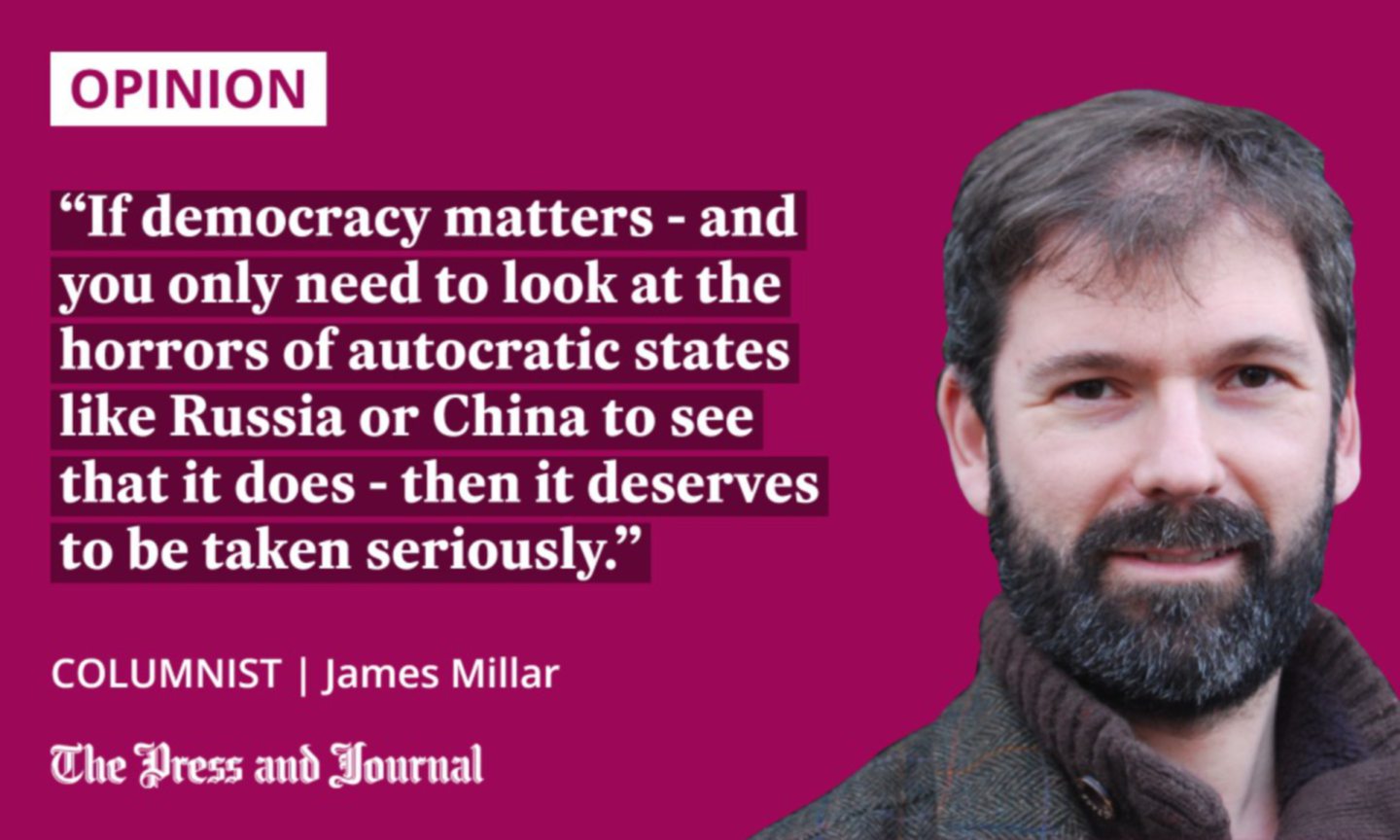
The Brexiteers who insisted Brussels bureaucracy was anathema to accountability and sovereignty were always talking out of the top of their top hats. EU governance is complicated, and you can argue over whether it is necessarily so or just down to poor design, but, fundamentally, the member states and their elected governments have the final say.
At a recent seminar, I heard an American contrast the freedom the UK had enjoyed within the EU with that of his home state of Texas, which had been independent, then joined the United States. When it tried to leave again, Texas was effectively conquered during the Civil War to keep it in the union.
That puts the claims of those that complained we weren’t free to buy big hoovers while we remained in the EU in perspective.
Some who championed Brexit now sit in House of Lords
The ultimate evidence of where sovereignty lay was in the referendum itself. The British people gave an instruction to leave, and politicians in Brussels and Westminster peacefully heeded their will, albeit often somewhat reluctantly.
Of course, many of those same people who championed democracy, chafed at the establishment and won the Brexit referendum now sit in the House of Lords – entirely establishment and anti-democratic.
The likes of David Frost, Claire Fox and Gisela Stuart now sit on the red benches, yet, curiously, their faces are not red with shame.
Stuart chaired the Leave campaign then took off, claiming that the aftermath was not her affair.
Claire Fox styles herself director of the Academy of Ideas – a title akin to me calling myself vice chancellor of the University of Things Made Up in My Head
Fox styles herself director of the Academy of Ideas – a title akin to me calling myself vice chancellor of the University of Things Made Up in My Head. In perhaps the clearest illustration of our odd times, the former editor of Living Marxism was ennobled by Boris Johnson.
Frost is familiar to many in Scotland from his time running the Scotch Whisky Association, before he was weirdly picked to lead EU withdrawal negotiations. He keeps carping on about how the Brexit process will see the UK mirror his journey from a sort of whisky nymph to fully fledged dragonfly of democracy.
His growing frustration as the nation lurches from crisis to crisis, rather than shaking off its chrysalis and taking wing, saw him sum up a speech earlier this year with the desperate plea: “It just takes vision – it just takes will”.
It’s a line more suited to an upcoming pantomime performance of Peter Pan, in which the audience is urged to save Tinkerbell through the power of belief, than the conclusion of a speech by a grown-up diplomat.
Frost is more likely to be cast as Peter Pants, given he’s continued in this vein of rank bampottery, first by cheering Kwasi Kwarteng’s head-banging budget, and then changing his mind once he cottoned on that the whole Liz Truss project was very silly indeed.
Who elected the markets?
Truss was ultimately toppled because the markets didn’t fancy her unfunded economics. The same markets were invoked in 2010 to put David Cameron into Number 10, because it was claimed that, without a viable government in short order, the City spivs who had crashed the country just a few years earlier would short the economy.
So, the markets gave us the austerity administration of 2010 to 2015, and they undid the Liz Truss government of 2022 to 2022.
Who elected “the markets”? And why aren’t those champions of democracy and the true British way crying blue havoc now? Because their claims that Brexit was about democratic ideals were always lacking credibility.
Such stone-cold chancers ought to be chased out of Whitehall and Westminster, if we genuinely want good governance.
Instead, we’re left with our fifth prime minister in six years, a man without a mandate, who embraced the EU referendum but doesn’t fancy a general election, and cannot be compelled to hold one for another two years.
Democracy matters
If democracy matters – and you only need to look at the horrors of autocratic states like Russia or China to see that it does – then it deserves to be taken seriously, not taken for granted.
While the thrills and spills have demanded our attention, the entire fairground has fallen down around us
We may have boarded a political rollercoaster since 2016, but, while the thrills and spills have demanded our attention, the entire fairground has fallen down around us.
Eventually, we will have to stop focusing on the immediate twists and turns, and recognise and articulate the truth about UK Government and politics: something has gone wrong.
James Millar is a political commentator, author and a former Westminster correspondent for The Sunday Post
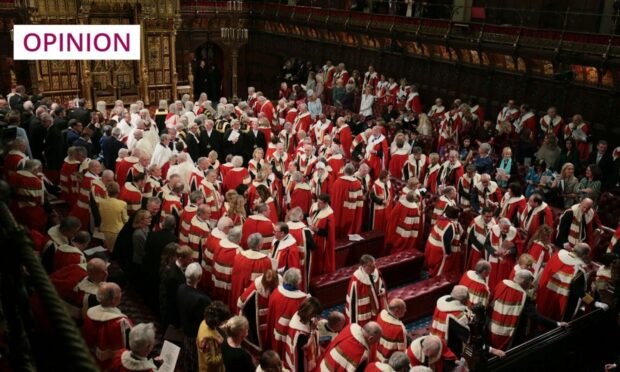
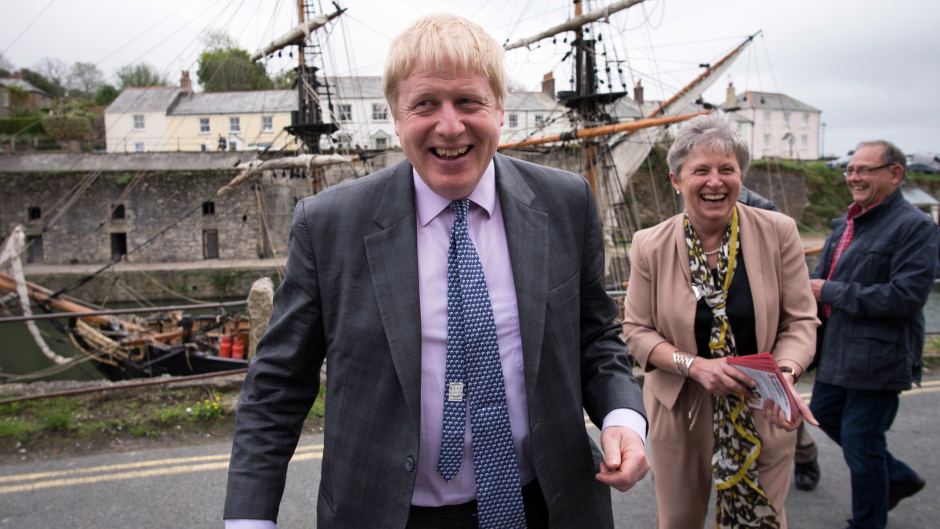
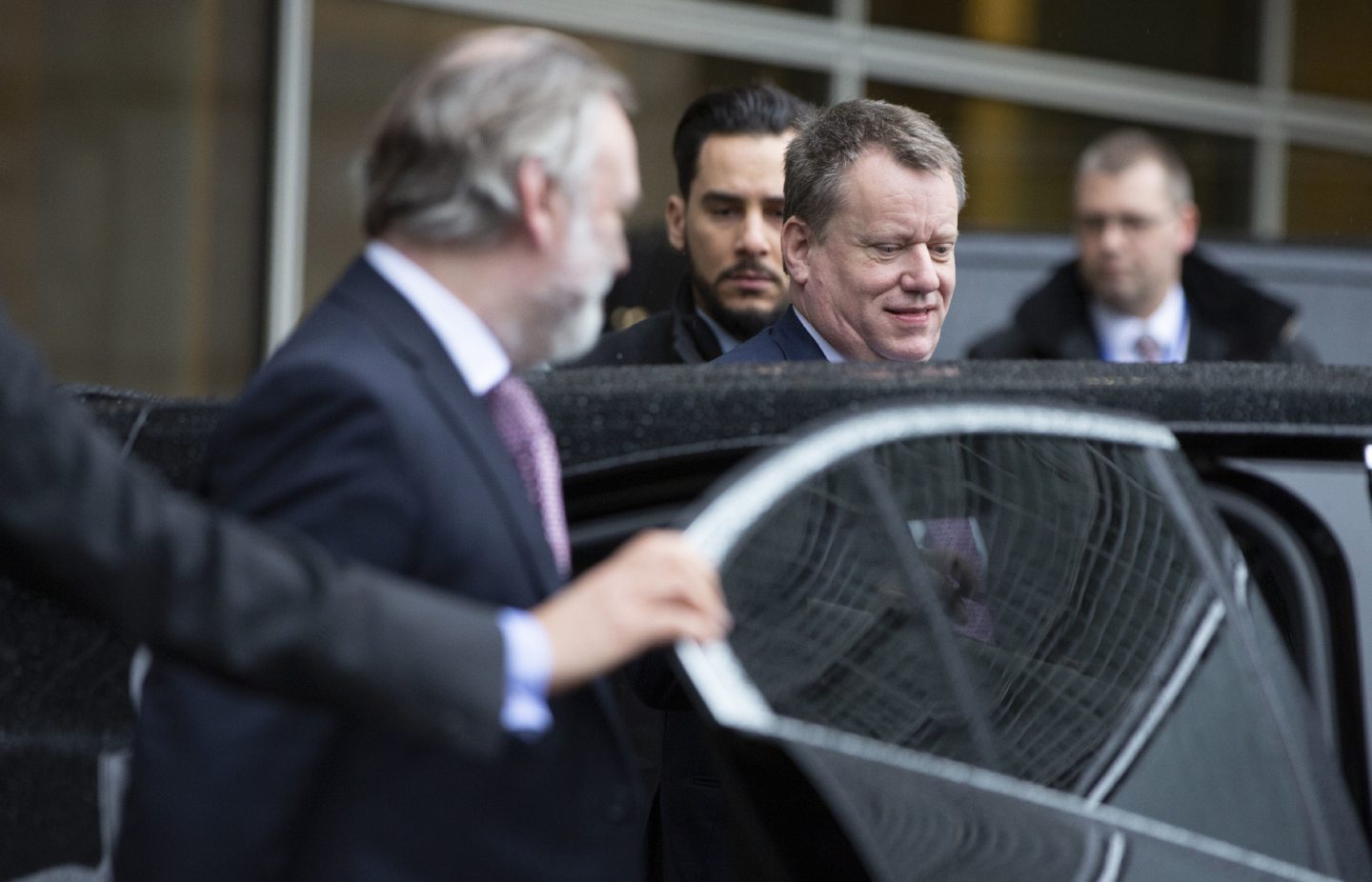
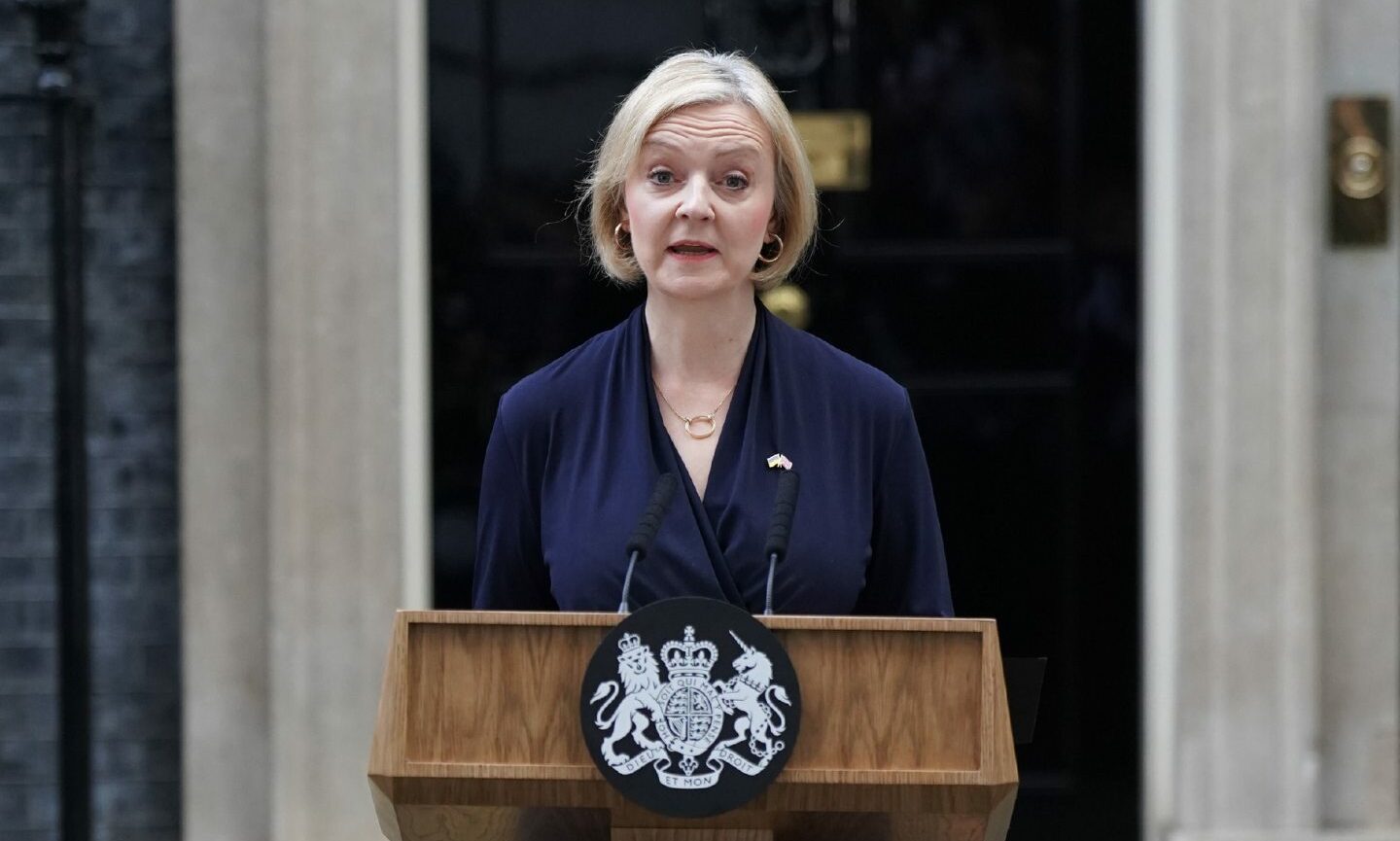
Conversation